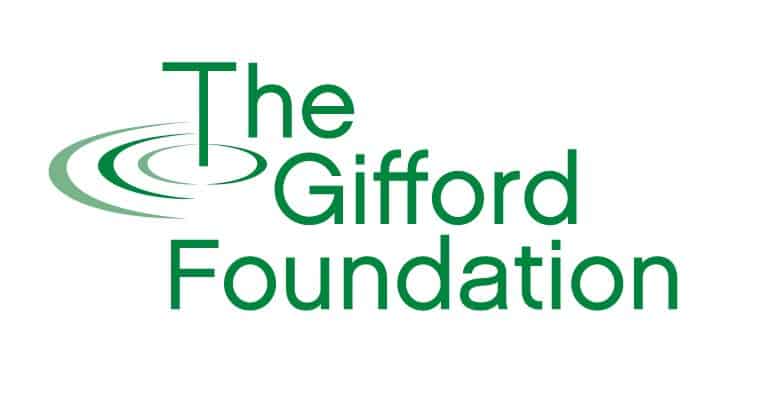Perspective: Syracuse History, Civic Engagement, and George Floyd
Published: June 9th, 2020
Thousands of Central New Yorkers gathered in downtown Syracuse over the weekend of June 6th to protest police brutality and other forms of systemic, institutionalized racism. Also present were law enforcement, elected officials, and representatives from many nonprofit organizations. As the crowd grew, many took pictures alongside the famous Jerry Rescue statue in Clinton Square. The parallels between current events and Syracuse’s abolitionist history were all too clear: a century and a half later, the streets were filled once again by concerned citizens standing up for civil rights and protesting destructive policies.
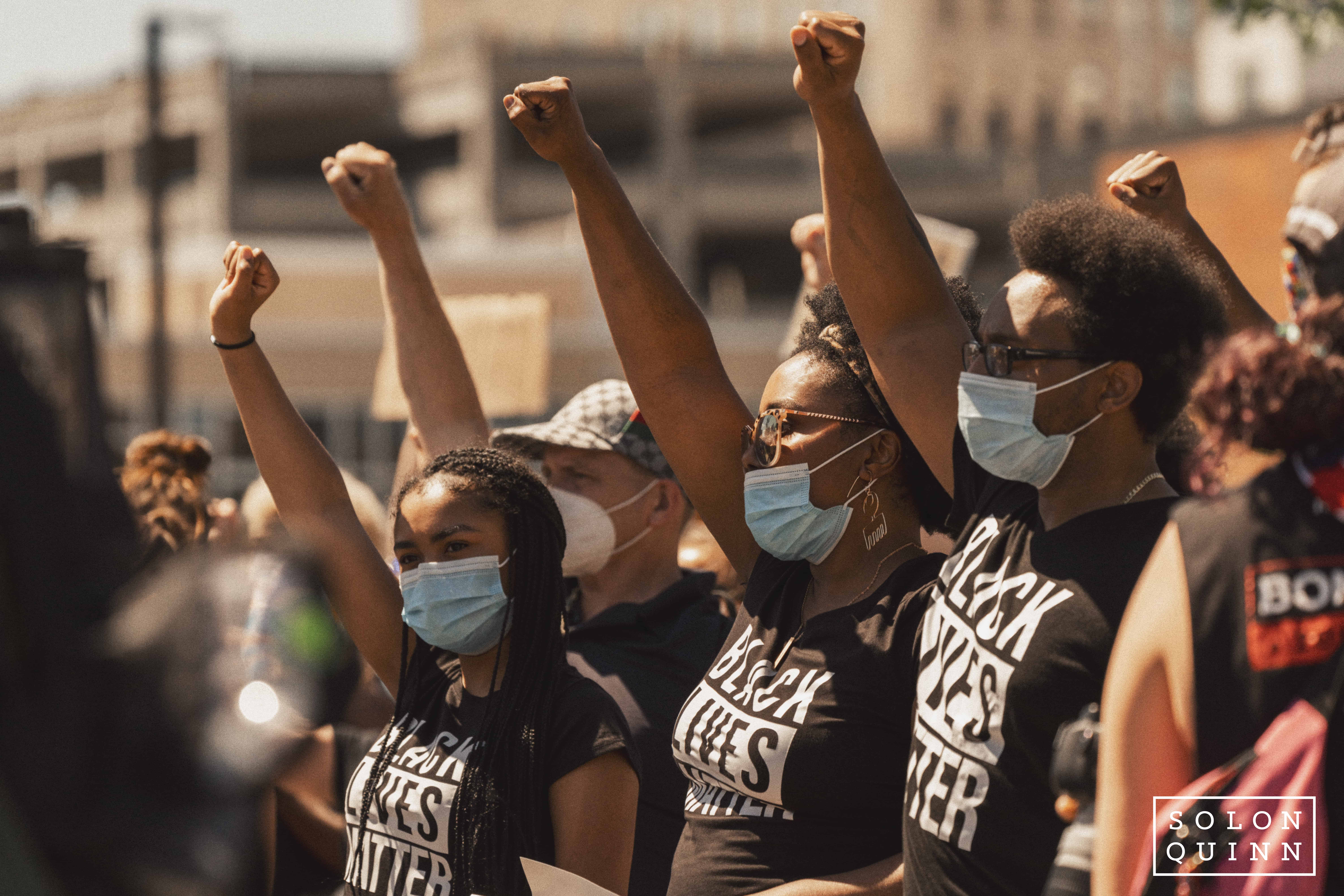
Protesters wearing Black Lives Matter t-shirts gather in downtown Syracuse. Photo Credit: Solon Quinn Studios
“We have a whole city under the cloak of trauma,” said Clifford Ryan, referring to the history of concentrated minority poverty, violence, and other problems that have plagued Syracuse. Ryan is the Founder and leader of OGs Against Violence – a peacekeeping organization that works to intervene in conflicts before they turn violent. He hopes that people will feel inspired enough to get involved and use their own resources to make a change. “Take your white privilege and utilize it in a way that helps tear down some of these barriers that we face.”
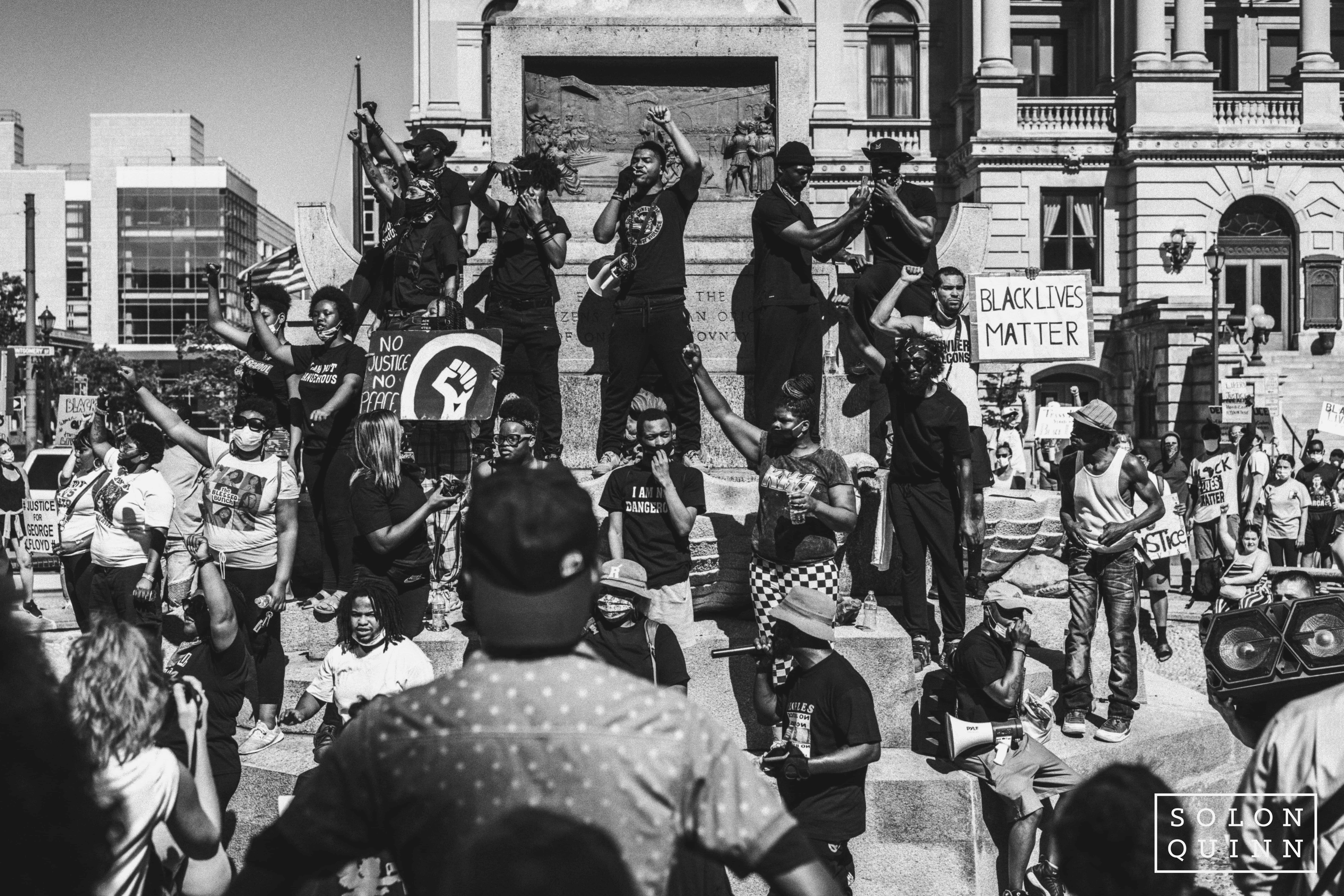
Photo Credit: Solon Quinn Studios
Ryan also serves on the Citizens Review Board, a group of appointed residents that assess complaints leveled against the Syracuse Police Department and make recommendations to the Police Chief about what actions to take. “We want the police to do their job, we aren’t anti-police by any means,” says Ryan, “But we want all police misconduct taken care of and put in check.” Ryan values his role, but laments the lack of transparency in the process. For example, the Police Chief is not required to disclose whether or not an officer was disciplined so the Board rarely knows if its recommendation was followed.
Syracuse is one of many cities across the nation that has created Citizen Review Boards to help provide greater accountability for law enforcement and to offer a place for citizens to air grievances. Yet the efficacy of these review boards has been called into question, mostly because they lack control as to whether their suggestions are actually carried out. Minneapolis, where George Floyd was killed by a policeman who kneeled on his neck for nearly nine minutes, had an evolving series of such boards that never seemed to have the desired impact.
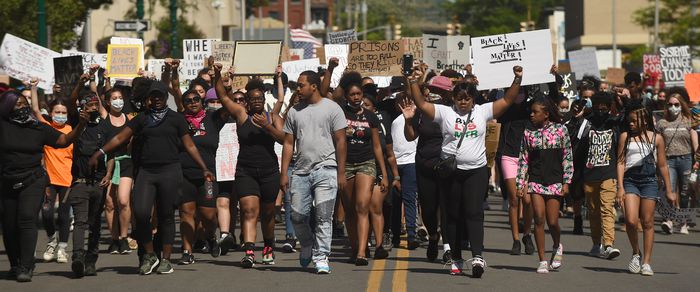
More than 2000 protesters gathered peacefully in downtown Syracuse on June 6th to demand accountability and transparency for law enforcement. Photo Credit: Dennis Nett, Syracuse.com/The Post-Standard
Communities across the United States are experimenting with new ways to make their police departments less destructive and more productive – often by limiting the focus of law enforcement. For decades, we have relied on police not simply to solve traditional crimes like murder and theft, but to also be responsible for dealing with drug use, homelessness, school attendance, and much more. There is a growing movement arguing that police are simply not suited to solve these problems, and that we make it worse for everyone involved when we ask them to. Use police to go after real criminals, and create more robust social programs to help address the problems that are left.
The terrible nature of George Floyd’s death provided a flash point for Central New York to join the rest of the country in discussing these difficult problems. Gifford Foundation Executive Director Sheena Solomon has repeatedly emphasized the importance of grassroots activism and civic engagement as a critical part of the process. “The anger, frustration, and pain being felt around the country and in our own community right now is a clue that we need to re-imagine many of our institutions – criminal justice and public health being at the top of that list. If we are going to do that effectively, we need to listen to people who historically have not been included in those conversations. If Black communities are hurting, it impacts everyone.”
There is little doubt that the solutions will be complex, and will vary from community to community. Perhaps the only thing that is certain is that we cannot afford to postpone this conversation any longer. “Bring your ideas to the table, bring your support to the table,” says Clifford Ryan as he prepares for another day of advocacy. “Get out here and be proactive in your community.”
Get involved and find organizations to support by visiting the CNY Solidarity Coalition.
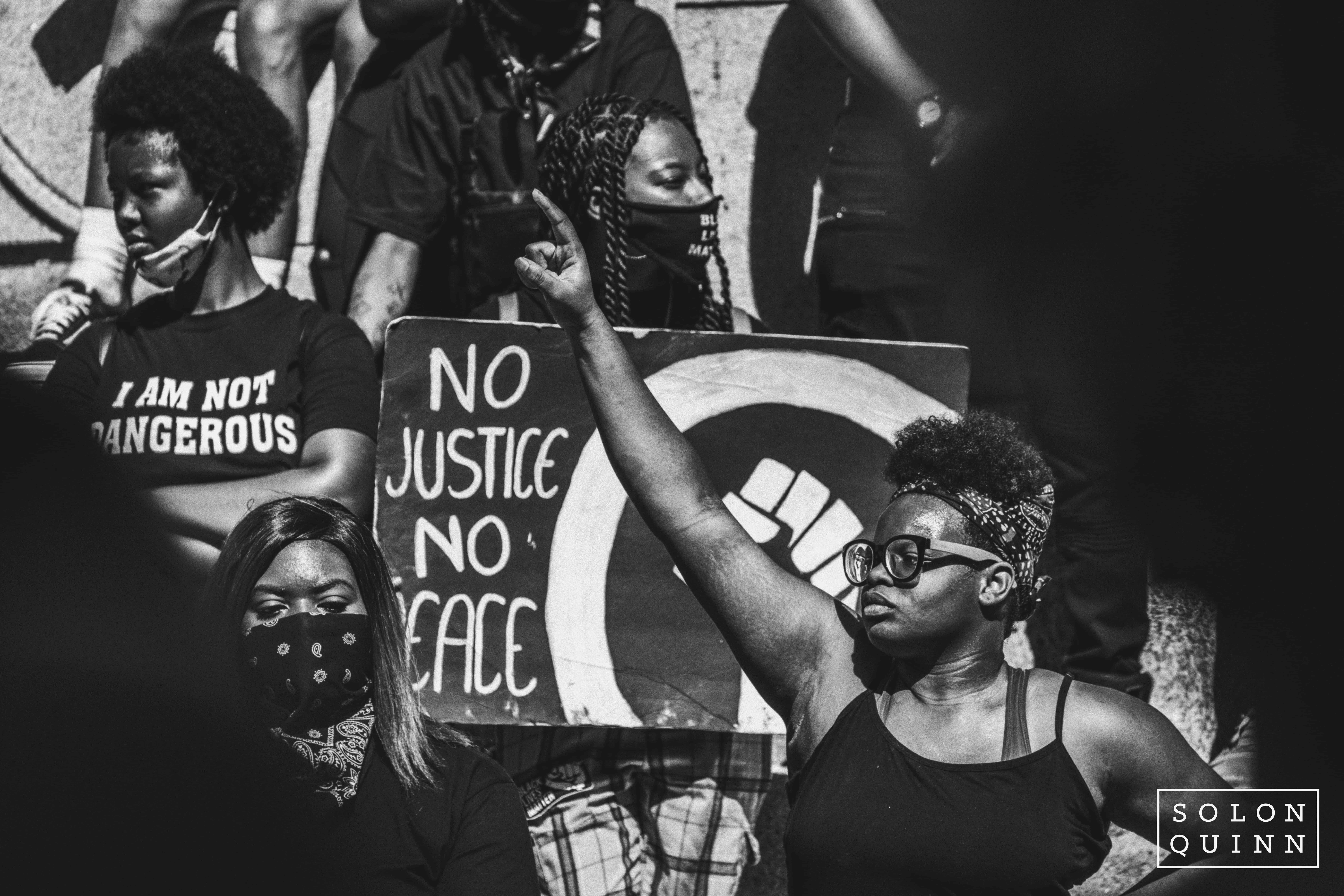
Photo Credit: Solon Quinn Studios
